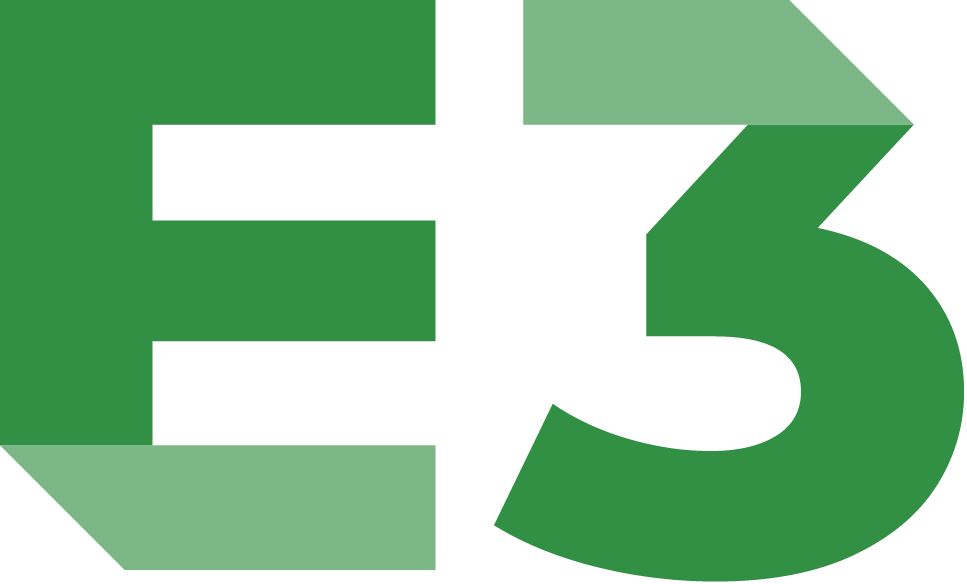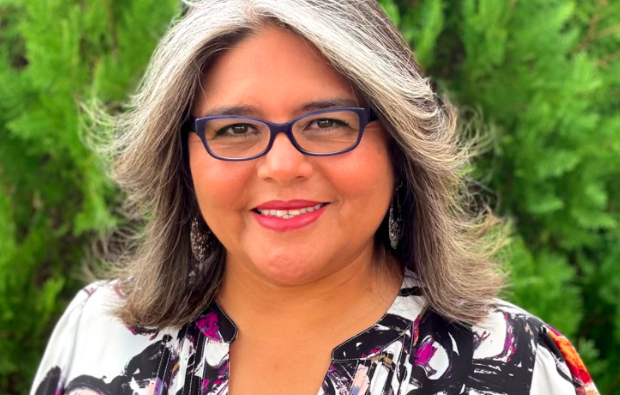by Christine Bailie
The Austin College Access Network (ACAN) was launched in 2008 and directly supports nearly 5,000 students. College Forward, a non-profit college coaching program, spearheaded this effort to convene not-for-profit community-based organizations which provide mentoring services in order to improve college access for student populations historically underrepresented in higher education. These organizations target first generation, minority, low-income, foster-care, and undocumented students. As the Blueprint Director supporting Goal 3 of the Central Texas Blueprint for Educational ChangeTM, my efforts support E3’s efforts to ensure “Students Graduate College- and Career-Ready, and Prepared for a Lifetime of Learning.” Under this purview, I facilitate the Austin College Access Network (ACAN). Over the past six years ACAN has doubled the number of students receiving mentoring services and continues to leverage cross-sector collaborations through its working arm, the Student Success Practitioners’ Council. The Council is comprised of over 55 access and persistence practitioners from the following organizations: 7 community-based organizations, 8 colleges/universities across Central Texas, Generation Texas (GenTx), Advise TX, Region XIII, and The University of Texas -Austin’s Ray Marshall Center for the Study of Human Resources.
ACAN’s impact is much greater than just the students served by the member organizations. (See Figure 1 below.) Over the last 6 years, ACAN membership has grown from 4 organizations to 8 organizations serving nearly 5,000 students! This is represented by the darkest green circle which consists of the core organizations working to develop an ACAN Charter.
The Student Success Practitioners’ Council is a learning community that is the working arm of ACAN. Membership is expanded to include practitioners from local institutions of higher education, state-wide college access networks such as GenTX and Advise Texas, the Ray Marshall Center and the Educational Resource Center Region XIII. This council widens opportunity to scale services across the Central Texas region.
ACAN impacts a geographic region significantly larger than Central Texas through workshops that are hosted at the Texas Educational Resource Center Region XIII. These workshops are developed by SSPC members and focus on topics relating to of college access and success impacting high school counselors across 60 districts. This impact is perhaps greatest at rural districts which often lack the internal district resources to develop and offer this type of professional development.
E3 Alliance and Collective Impact funders are highly interested in increasing the scope and scale of regional efforts. Our goal is increase ACAN’s reach such that we identify best practices and activities that are moving the needle on student demographic outcomes that can be adapted to other parts of Texas or inform college access and success efforts in other parts of the country. This is a balancing act for the backbone organization because community-based organizations’ prioritize growing their organization by serving more students to and building capacity within – they are compelled by their funders to do just this. It is not that these efforts are mutually exclusive, but it takes great care to identify priorities that are complementary.
Figure 1: Scope of ACAN’s Impact
E3 Alliance has just started using this graphic to identify where our different initiatives are in the process of systems alignment or systems change. The stages include: Convening Stakeholders, Identifying Data Insights, Building a common agenda, forging collaborations, changing practices and building capacity, and finally systems change. Much of the recent work has occurred through the Student Success Practitioners Council. Strong collaborations have been forged, and stakeholders are working together to design processes and programs that build capacity for improving college persistence. Unfortunately, while attention was devoted to the work on the ground, the ground shifted out from under us and the ACAN Executive Directors find themselves back at the beginning defining a Common Agenda.
So what happened?
We lost our momentum. There were several reasons for this, but perhaps the biggest reason is that communication between partner organizations lagged. It had been determined that meeting twice a year was sufficient for the Executive Directors group since the SSPC (what does this stand for?) was meeting every other month and “getting things done.”
And we also lost much our institutional knowledge. We’ve gained 4 new Executive Directors this year (with one position yet to be filled) with turnover in Program Directors and college access Coordinators. That’s right – 2 of the 7 Executive Directors took part in this early work. And when those Executive Directors moved on, so did the Common Agenda. Other challenge is the fact that E3 Alliance has also had 3 different Blueprint Directors facilitating ACAN during the last 3 years. Clearly in order to enhance sustainable collaboration, we need to develop new processes for developing and maintaining institutional knowledge.
On the bright side, this has given us the opportunity to examine, “What is Collective Impact?” Are we doing it? What would it look like? Do we have the capacity and desire to do more than collaborate? What do we want for our organizations? Our goal his year is to articulate a Common Agenda and set of Priorities with Common Student Performance Measures that would be a commitment of member organizations signing the ACAN Charter.
In search of a better way…..
One example of how we intend to better support students is to build “real-time” early warning systems for ACAN students at Austin Community College and Texas State University – the two local institutions serving the largest population of ACAN students enrolled in postsecondary coursework. We have created a Family Education Rights Privacy Act Taskforce which is working to develop data sharing agreements to track ACAN students that would be supported through an “ACAN” designated field on the institutions’ database.
We know that our use of student data is critical to taking ACAN to the next phase of our journey. ACAN must be able to determine cost per college degree and then work to reduce it. Four of our ACAN members have started using a robust data collection software that we believe will enable us to track student behavioral trends that lead to student success in high education. E3 Alliance, is assisting several of the ACAN organizations by developing a relevant peer group for evaluating their organization effectiveness. Additional funding to support the collection, maintenance, and use of data to improve practice could expedite this endeavor.
New possibilities exist for ACAN. We now span the pre-kindergarten to career entry continuum such that we can leverage the best practices of each organization to improve student supports across the continuum. In this work, the process of developing a common agenda and commitments to collaboration through the charter process is a priority for the executive directors. They recognize how important it is to build trust with each other to show how they are implementing similar programs and to identify best practices to improve how ACAN serves families – we need to document and share well to scale impact. Also important, we need to include our funders in this process of evolution. ACAN has received several significant grant awards which has ultimately funded the work of satellite organizations (Region 13, GenTX, ACC, Texas State) but NOT the collective impact process. Funding must support backbone organization’s role in facilitating collective impact. Funding should also flow to CBO’s to enable staff to engage in the work of ACAN and support use of data to make program improvements. And funding timelines should parallel the scope of the work. A 1 year timeline negatively impacts the organizations willingness to innovate towards “real” collective impact. Luckily, we have some great partners who are forging this new landscape as partners with us. I look forward to this journey and hope to take a few moments from time to time to stop to smell the flowers along the way. Finally, I want to say “THANK YOU” to all of the organizations mentioned that are doing this good work or have laid the foundation for it.
 Christine Bailie, Director of High School, College & Career Success
Christine Bailie, Director of High School, College & Career Success
Christine Bailie has worked in the field of education for 20 years. She has taught at the high school level in the Leander and Cypress-Fairbanks school districts. She received her bachelor’s degree in Economics from Texas A&M and holds a Master’s of Public Affairs degree with a specialization in Social and Economic Policy from the University of Texas. Christine’s research projects at the Charles A. Dana Center and the Ray Marshall Center for Human Resources, along with her policy work at Leander ISD and the Office of Tom Craddick, provide a broad range of experiences in the field of education. She is active in the Leander community where she is a founding board member of the Hill Country Education Foundation supporting its endeavors by serving as the Grant Committee Chair. She initiated the Vandegrift PTA Ladder, initiated and continues to coordinate the PTA Ladders’ annual School Board Candidate Forum, and has served on the Site-Based Committee at Four Points Middle School for the last three years.







